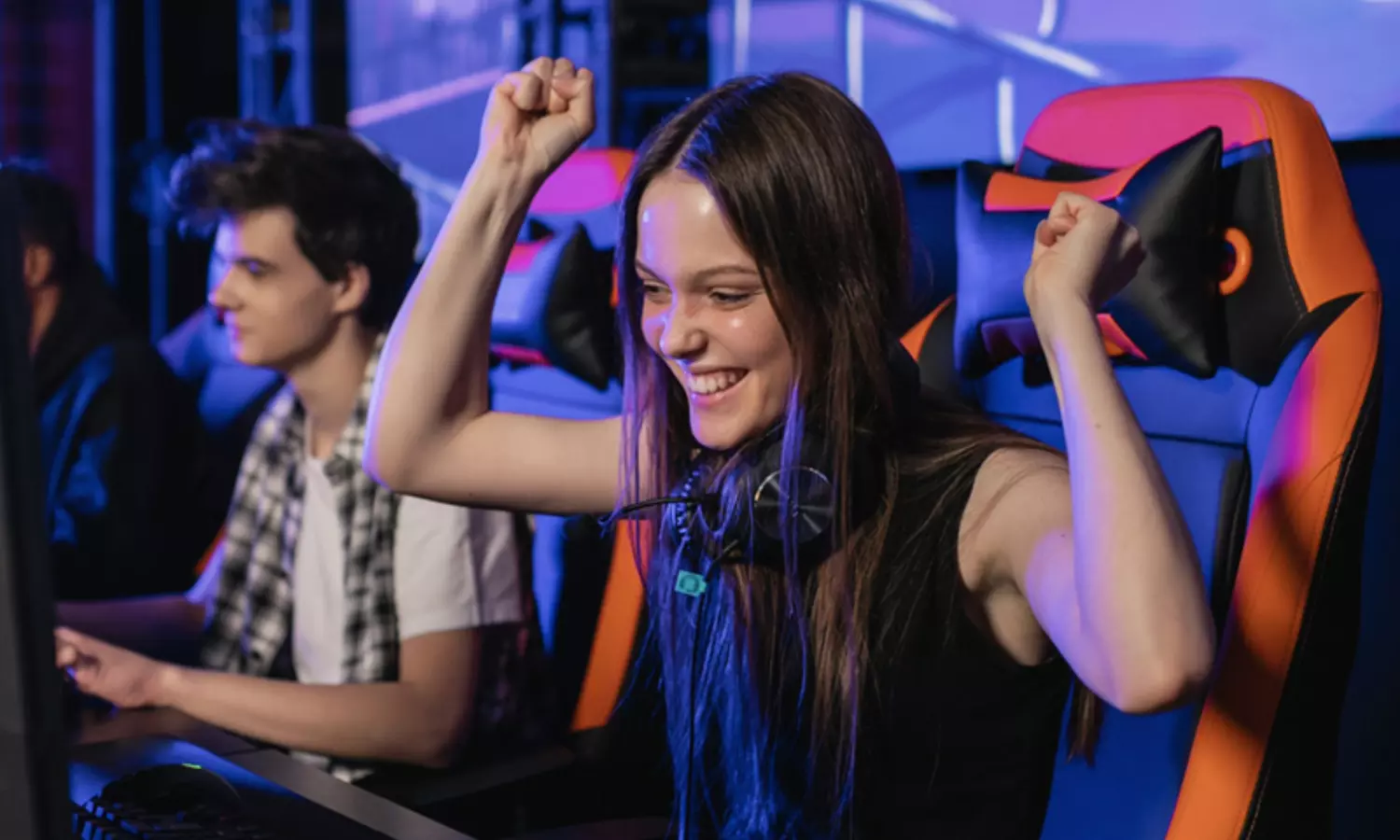Asian Games
Addressing gender disparity in E-sports amidst the Asian Games debut
There are no female Indian gamers in the Asian Games contingent, highlighting a larger global problem. Stereotypes, rampant harassment incidents and gatekeeping have contributed to a major challenge for this fast rising sport.

India's 15-member E-sports contingent at the Asian Games does not have a single woman. (File Photo)
E-sports, a rapidly growing industry that has gained international recognition, is not immune to the gender disparity prevalent in many other domains. The 2023 Asian Games marks a significant milestone as E-sports has been included as an official sport for the first time.
There are 330 men and 325 women in India's 655-member contingent at the 19th Asian Games, but Esports, which accounts for 15 members, does not have a single woman.
This underrepresentation of women in this fast-rising sport is not an isolated incident but rather reflective of a global issue rooted in societal stereotypes, unequal gender representation in games and harassment within the gaming community.
Are Women "Bad" Gamers?
One of the persistent stereotypes surrounding women in gaming is the assumption that they are inferior gamers. However, research indicates that this assumption is unfounded. Studies suggest that women are just as skilled and capable as men in gaming. So, why are women often tagged as "bad" gamers?
The perpetuation of deeply ingrained gender norms in society has contributed to the prevailing stereotype that gaming is primarily a male-dominated pursuit. Women are often pigeonholed into roles associated with nurturing and social orientation, while men are linked to competitiveness and ambition. These entrenched stereotypes play a pivotal role in shaping perceptions of women's gaming abilities, ultimately leading to their underrepresentation in the gaming world.
Moreover, a significant number of women hesitate to identify themselves as gamers due to the prevalent issue of sexist comments and stereotypes that often accompany such self-identification.
A female professional gamer told The Conversation, "Toxicity unquestionably exists. Female gamers often choose not to reveal their gender to avoid the negative chat backlash. The hostile environment towards women in chats is undeniably unfair.'"
This reluctance to acknowledge gender online is also rooted in concerns about their perceived lack of expertise or a disinterest in what is commonly seen as "hardcore" gaming.
Additionally, the way women are portrayed in video games has a substantial impact. Many games rely on gender stereotypes and tropes, depicting women as either damsels in distress or hypersexualized characters. A more inclusive approach to gender representation in games would feature diverse character roles that allow players to connect with a wide range of identities. When games perpetuate these stereotypes, they not only reinforce biases but also contribute to creating an unwelcoming environment for women within the gaming culture.
Gamer Gate
Women in gaming regularly experience sexual harassment, according to The Independent.
“Some 28 percent of female gamers have been sexually harassed by fellow gamers and 40 percent verbally abused by gamers while playing online multiplayer games," a survey reported, adding that even players as young as 10 report receiving rape and death threats.
Nandita Roy, a professor at IIM Calcutta, specializing in narrative and video games, points to the infamous harassment campaign called the 'Gamergate' controversy of 2014 and 2015 to show how E-sports, despite its rapid strides in recent years, remains a potentially unsafe space for women.
"This campaign targeted women gamers and developers. 'Gamergate' featured misogynistic online harassment and was seen as a backlash against diversity, and progressivism within video game culture. It all began with an initial focus on game developer Zoe Quinn following the release of her game Depression Quest. During this campaign, women within gaming communities were doxed and harassed on a large scale," she said.
Gender discrimination and harassment
Discrimination based on gender, a distressingly common experience for female gamers, who have to deal with sexist comments and discriminatory behavior, makes Esports have a hostile environment that diminishes the enjoyment of gaming for women, leading some to withdraw.
Moreover, gatekeeping behaviors exhibited by male gamers contribute to the problem too.
An article from The Tech Edvocate explains gatekeeping as an evolution that went wrong. "Initially, gatekeeping was to maintain the integrity of gaming by welcoming hardcore players while excluding casual gamers. However, in recent years, it has taken a more negative turn, becoming exclusionary and harmful. This toxic practice involves discriminating against individuals who don't conform to narrow views of who should play video games."
In a 2021 survey encompassing 900 female gamers from the United States, China, and Germany, a staggering 77% disclosed enduring gender-specific harassment during their gaming experiences.
This harassment encompassed various forms, including insults, inappropriate messages, abandonment by fellow players upon revealing their gender, gatekeeping, condescending comments, unwarranted assessments of their gaming skills, and unsolicited advice.
Alarmingly, 59% of these female gamers resorted to assuming non-gendered or male identities as a protective measure to shield themselves from such harassment. Additionally, 44% of respondents recounted being subjected to intrusive questions about their relationship status while engaging in gaming activities.
